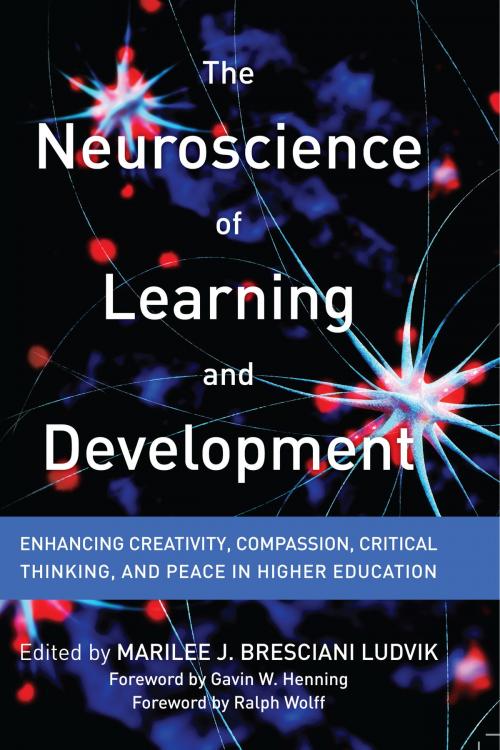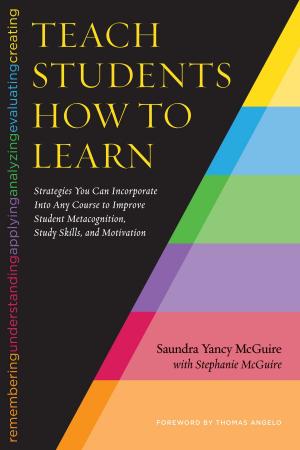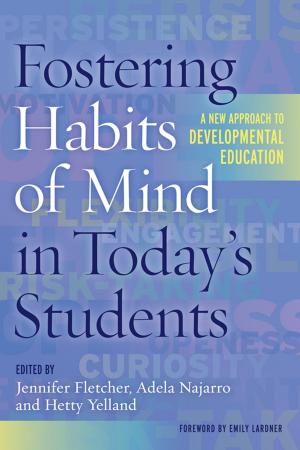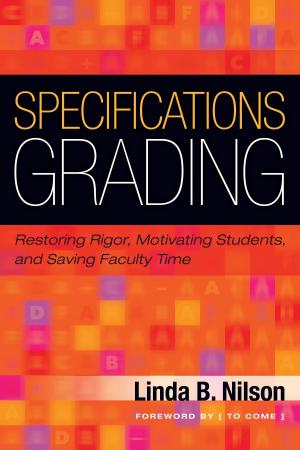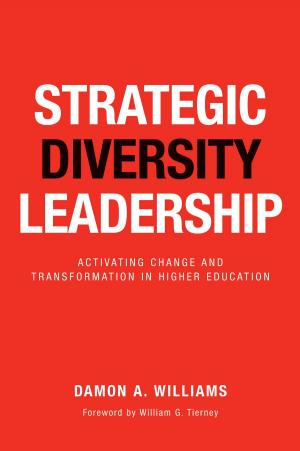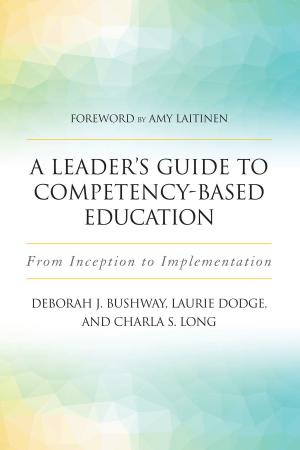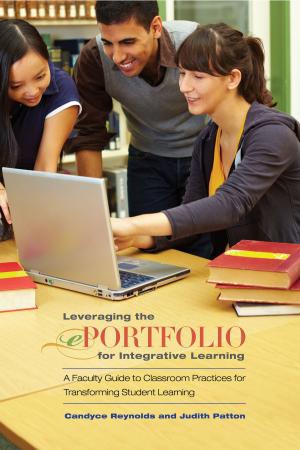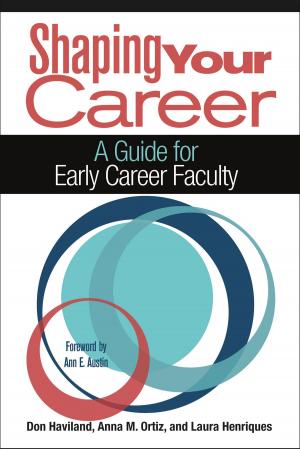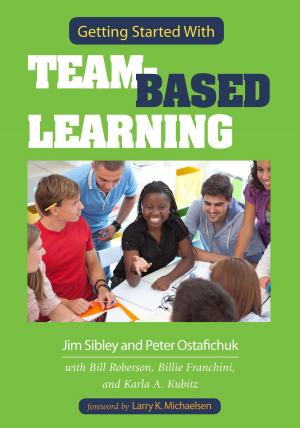The Neuroscience of Learning and Development
Enhancing Creativity, Compassion, Critical Thinking, and Peace in Higher Education
Nonfiction, Reference & Language, Education & Teaching, Student & Student Life, Higher Education| Author: | ISBN: | 9781620362860 | |
| Publisher: | Stylus Publishing | Publication: | January 19, 2016 |
| Imprint: | Stylus Publishing | Language: | English |
| Author: | |
| ISBN: | 9781620362860 |
| Publisher: | Stylus Publishing |
| Publication: | January 19, 2016 |
| Imprint: | Stylus Publishing |
| Language: | English |
Is higher education preparing our students for a world that is increasingly complex and volatile, and in which they will have to contend with uncertainty and ambiguity? Are we addressing the concerns of employers who complain that graduates do not possess the creative, critical thinking, and communication skills needed in the workplace?
This book harnesses what we have learned from innovations in teaching, from neuroscience, experiential learning, and studies on mindfulness and personal development to transform how we deliver and create new knowledge, and indeed transform our students, developing their capacities for adaptive boundary spanning.
Starting from the premise that our current linear, course-based, educational practices are frequently at odds with how our neurological system facilitates learning and personal development, the authors set out an alternative model that emphasizes a holistic approach to education that integrates mindful inquiry practice with self-authorship and the regulation of emotion as the cornerstones of learning, while demonstrating how these align with the latest discoveries in neuroscience.
The book closes by offering practical ideas for implementation, showing how simple refinements in classroom and out-of-classroom experiences can create foundations for students to develop key skills that will enhance adaptive problem solving, creativity, overall wellbeing, innovation, resilience, compassion, and ultimately world peace.
Co-published with ACPA – College Student Educators International
![Image 1][]
[Image 1]:
Is higher education preparing our students for a world that is increasingly complex and volatile, and in which they will have to contend with uncertainty and ambiguity? Are we addressing the concerns of employers who complain that graduates do not possess the creative, critical thinking, and communication skills needed in the workplace?
This book harnesses what we have learned from innovations in teaching, from neuroscience, experiential learning, and studies on mindfulness and personal development to transform how we deliver and create new knowledge, and indeed transform our students, developing their capacities for adaptive boundary spanning.
Starting from the premise that our current linear, course-based, educational practices are frequently at odds with how our neurological system facilitates learning and personal development, the authors set out an alternative model that emphasizes a holistic approach to education that integrates mindful inquiry practice with self-authorship and the regulation of emotion as the cornerstones of learning, while demonstrating how these align with the latest discoveries in neuroscience.
The book closes by offering practical ideas for implementation, showing how simple refinements in classroom and out-of-classroom experiences can create foundations for students to develop key skills that will enhance adaptive problem solving, creativity, overall wellbeing, innovation, resilience, compassion, and ultimately world peace.
Co-published with ACPA – College Student Educators International
![Image 1][]
[Image 1]:
